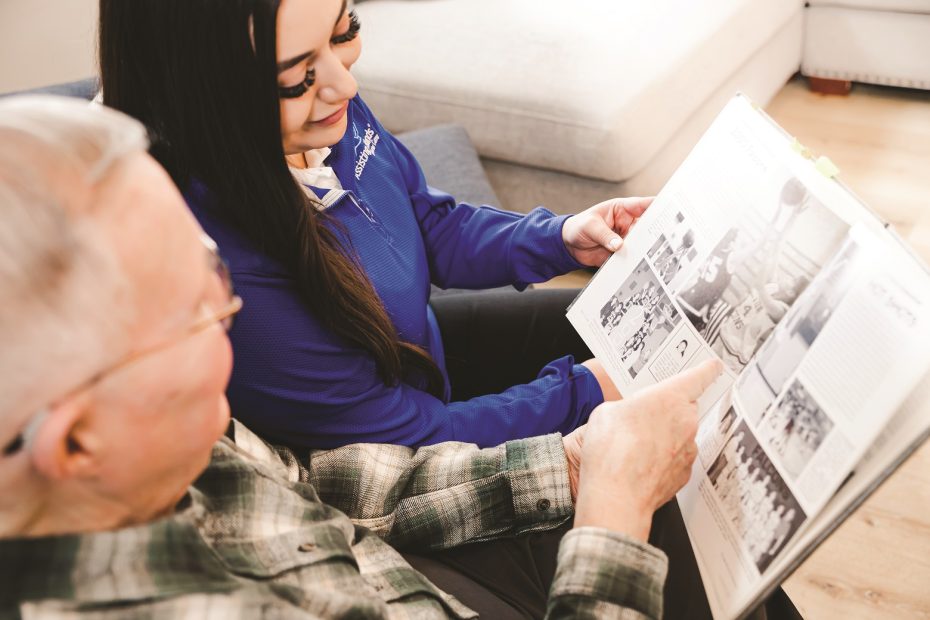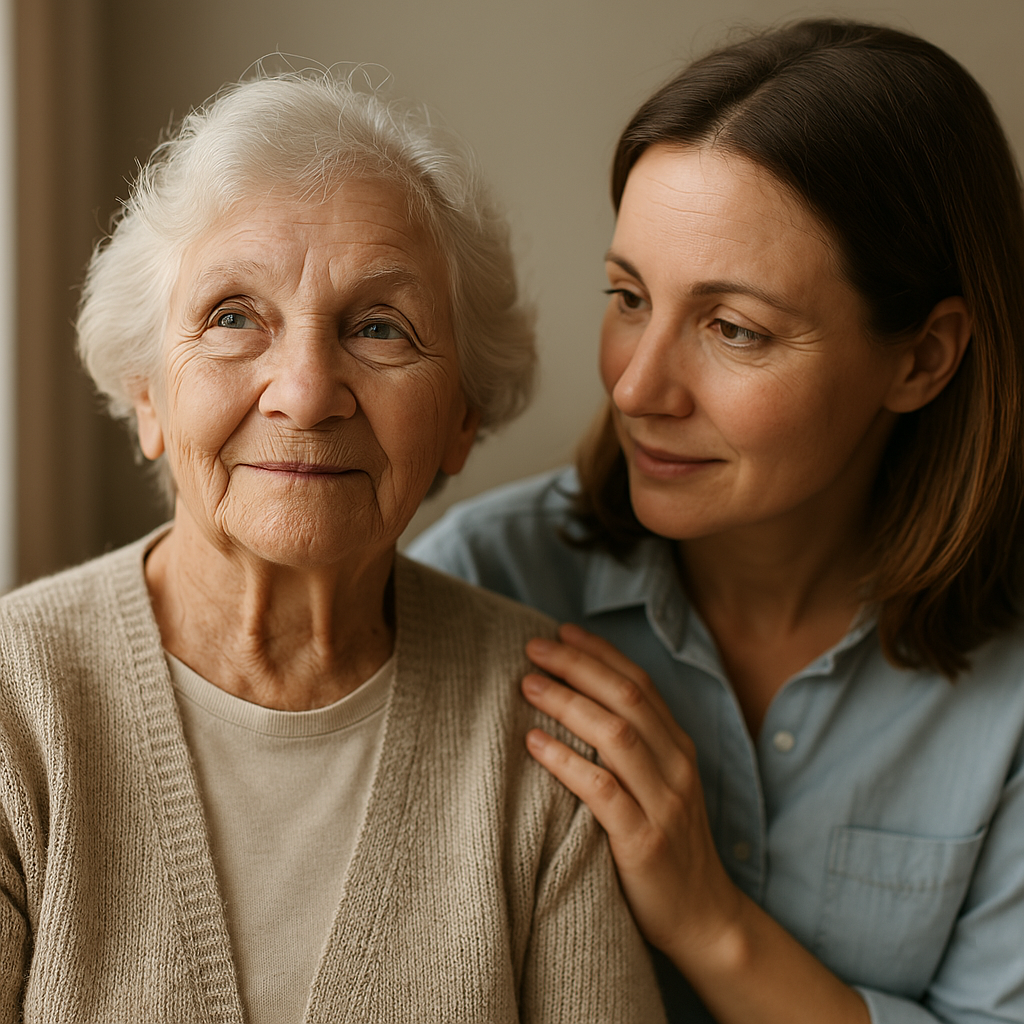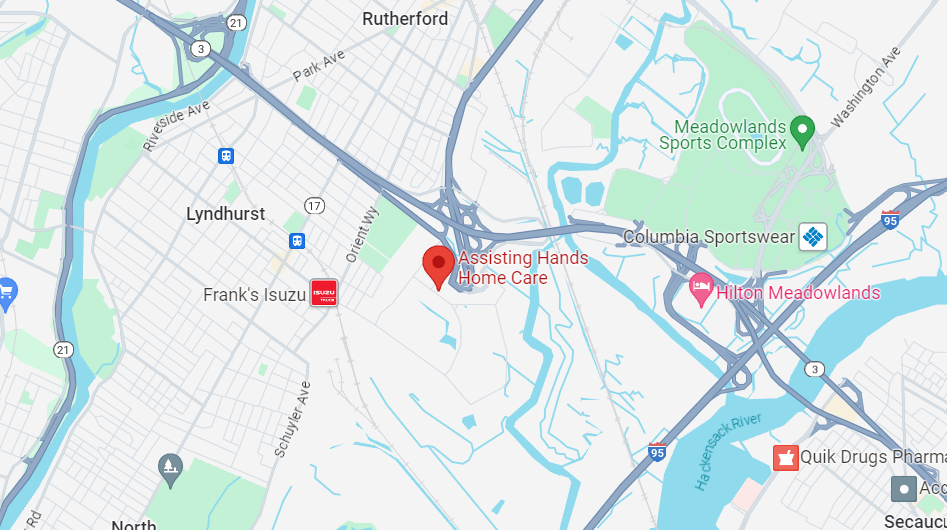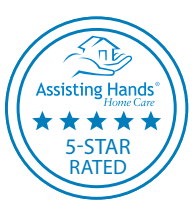Growing older comes with unique challenges. Seniors without family, dubbed elder orphans, face a greater number of obstacles. Without support or even an emergency contact, these older adults may suffer in silence. But they don’t have to—programs and resources are available to provide care.
Seniors may have no one to taken care of them when they are estranged from family, have never married, or are divorced. Older people without children or estranged children also fall into this group. Women, with longer lifespans, are more at risk of having no one to help them than men.
Living alone or not being on good speaking terms with family can leave elderly individuals feeling vulnerable, especially when they begin to need help with the activities of daily living. Fortunately, options are available to deliver crucial support for daily living as well as medical emergencies.
What resources are available to help care for elder orphans?
Aging people who find themselves without family support are encouraged to plan for their future early. Prepare legal paperwork, decide on the most suitable place to live, and manage assets. Creating a social support network is also a major part of aging alone successfully.
1. Professional Help to Prepare Legal Documents
Developing a long-term plan for the future involves preparing legal documents with the help of an attorney. Create a living will, which may specify whether or not the senior wishes to remain on life support. A final will and testament is necessary to handle remaining assets and the senior’s estate.
Seniors should also pick a healthcare proxy. A proxy is a trusted individual whom the senior chooses to make decisions regarding healthcare in the event the latter becomes incapacitated. Prepare a DNR (do not resuscitate) by discussing this choice with a primary care physician.
2. Retirement Communities and Home Care Services
Living at home is desirable for most seniors, but not always practical for those who live alone. Consider residing in a retirement community where extra support is readily available; however, this option comes with hefty financial costs, making it necessary to plan ahead and save early.
A retirement community offers its aging members not only access to help but numerous social activities and opportunities for interaction. It’s a great place to build a social circle. Plus, seniors can pay extra for services, like laundry, housekeeping, meal preparation, and transportation.
Aging in place is a more cost-effective option but requires advance planning. Paying for an in-home caregiver is less pricey than the accumulating costs of living in a retirement community. Caregivers assist with mobility, transportation, housework, and transportation, including trips to the doctor’s office.
3. Financial Management Services
Whether due to dementia or other chronic health condition, seniors may find it difficult to manage finances. Prepare for this possibility by choosing a financial proxy or a professional to help. A durable power of attorney makes financial decisions on behalf of the senior when the latter is unable.
Seniors can place their assets in a trust and assign themselves as the trustee while they are competent and appoint another individual when management is no longer practical. Hiring a financial advisor is a sensible move when older adults need help paying bills or reconciling bank statements.
4. Social Networking Opportunities
Maintaining independence is largely impacted by the quality of a social network. Social seniors are less likely to feel isolated and depressed. Being socially active, whether with friends or companion caregivers, the elderly are better able to manage their mental health and remain independent.
Creating a social circle is done in many ways, including by joining a local faith group. Starting a social hobby, such as community gardening, a book club, crafting, or volunteering gives aging people countless opportunities to socialize and connect with likeminded others.
Become acquainted with neighbors. Friendly ones may be willing to drive the senior to the pharmacy or look after pets when necessary. Seniors might join a support group specifically for elder orphans; group meetings may be held online, such as on Facebook, or in person.
Forming social bonds is crucial to the senior’s health and safety. Friends who know the older adult’s routine notice if it is not followed. Mail carriers may request a welfare check if mail isn’t picked up. Neighbors check on the aging adult if they’ve fallen or are in other dire situations.
5. Community-Based Social Services
Senior centers are vital to older adults’ social health and well-being. The centers connect aging people with community services, like meal deliveries or financial assistance. No Wrong Door offers seniors community-based support. AmeriCorps Senior Companion Program keeps the elderly social engaged.
Aging comfortably and safely as an elder orphan is doable by utilizing the available community resources and by planning for the future. Seniors who wish to age in place are encouraged to consider Assisting Hands Home Care for quality hands-on support in the comfort of home.
Our elder home care services are comprehensive and give seniors the high quality of life they deserve. We foster independence by providing assistance with the activities of daily living. Caregivers deliver respectful help with hygiene tasks, such as bathing, toileting, dressing, and grooming.
Caregiver responsibilities include grocery shopping and healthy meal preparation. We give timely medication reminders and provide transportation to local areas, like medical clinics, pharmacies, senior centers, and exercise classes. Fall risk assessments are performed and clutter is removed to prevent falls and promote safety.
Companion care is included in our elder care services. Seniors enjoy the pleasant companionship of our caregivers, who socially engage with care recipients through stimulating games, conversations, outings, and leisure activities. Senior companionship helps the elderly feel less alone and isolated.
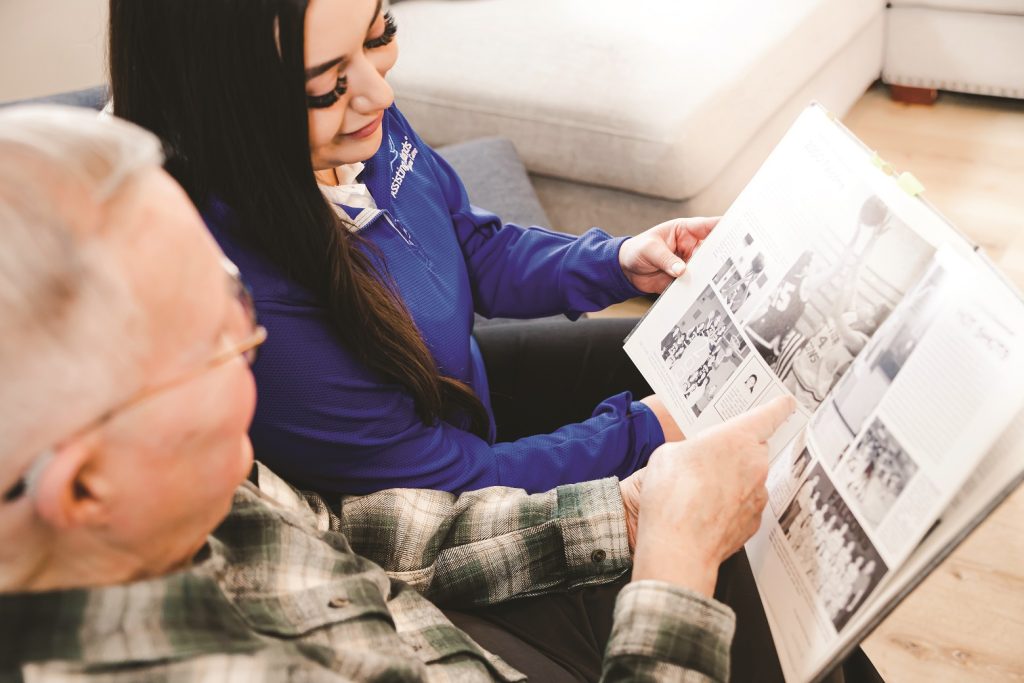
Assisting Hands Home Care’s options are flexible and varied, ranging from respite care and dementia care to 24-hour care and post-operative care. We are privileged to serve seniors in Lyndhurst, New Jersey.
Schedule a free in-home consult at (551) 239-8651 and discover the benefits of compassionate elder home care.

Abhi Mitra founded Assisting Hands Hudson County after recognizing the significant value of personalized and excellent care through family experience, specifically in caring for his grandmother. His expertise in program management, along with a genuine desire to make a positive difference in people’s lives, motivates him to provide the same level of care that his grandmother received. He obtained an MS degree from Pace University, New York, and a Certificate of Executive Healthcare leadership from Cornell University, Ithaka, NY. Abhi efficiently manages tasks with kindness and intelligence, ensuring everyone feels comfortable and welcome. He excels in problem-solving and puzzles while maintaining smooth operations at the agency and ensuring everyone receives high-quality individualized care. His dedication to his work and compassionate nature greatly improves the quality of life for the seniors under his care, providing them with a comfortable and joyful environment. Abhi ensures the highest possible quality, providing reassurance to everyone. His dedication and caring nature contribute to creating a comfortable and joyful environment for those he assists. He enjoys biking, taking walks, and watching cricket with his family and friends.

